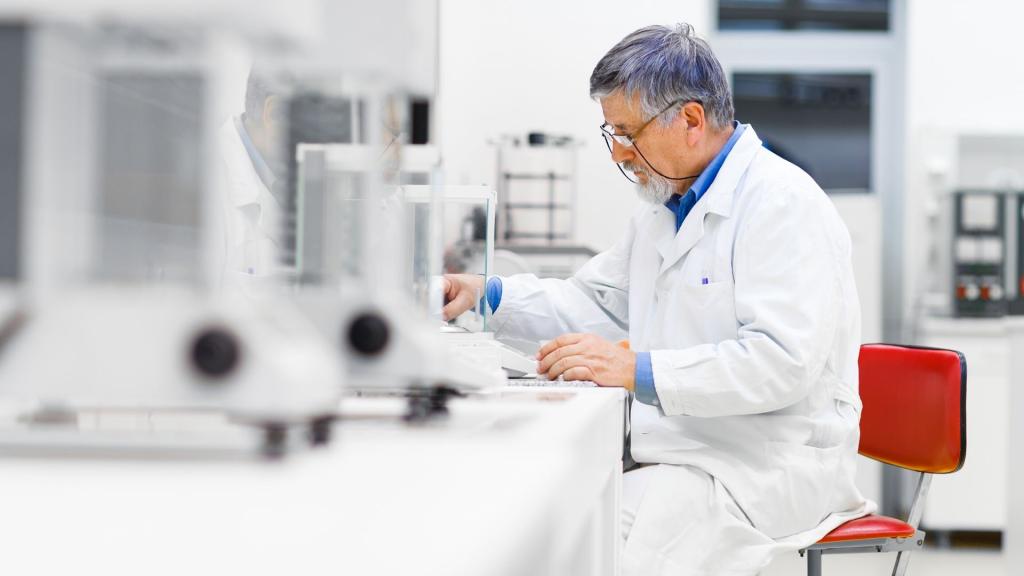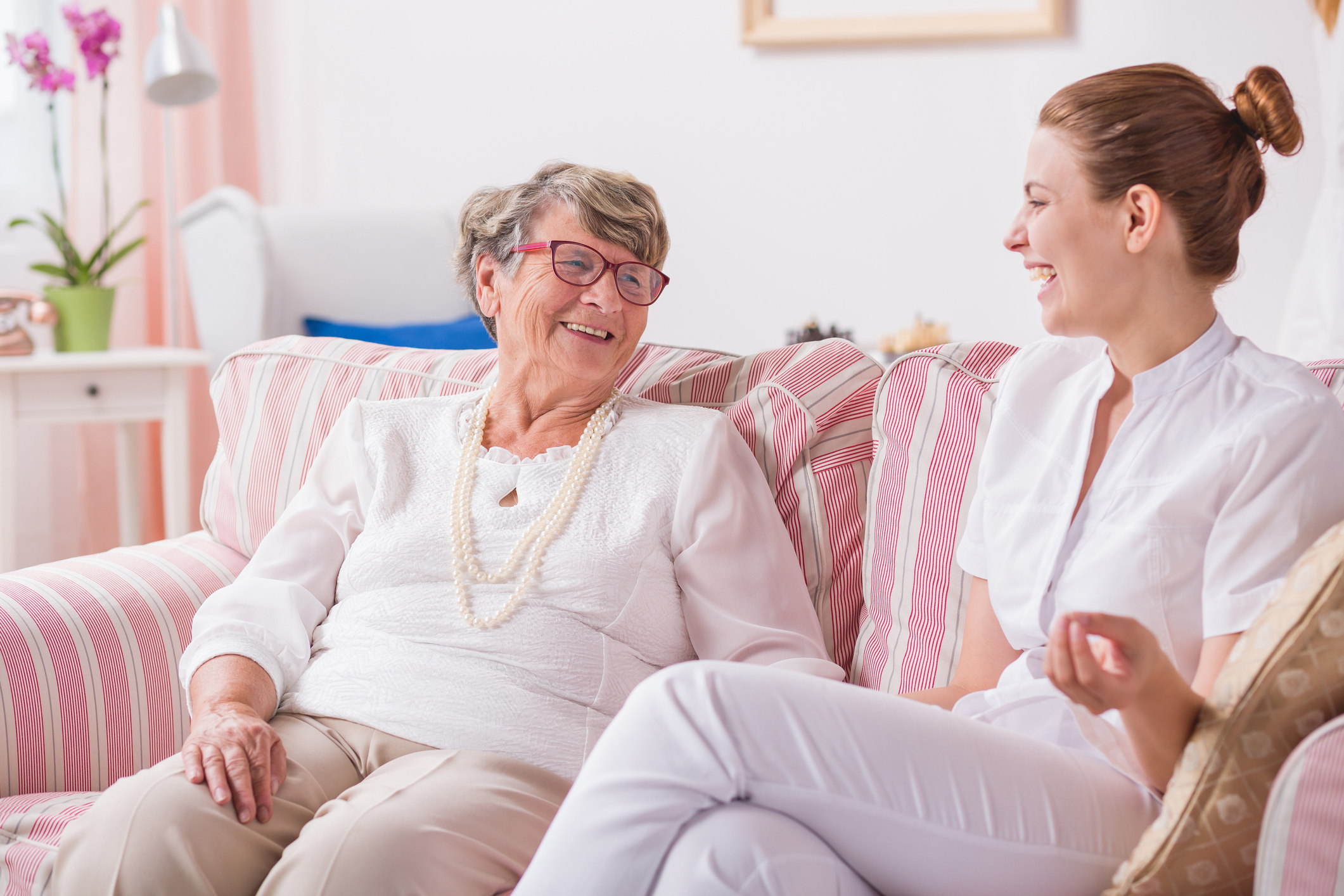
Rare cancers
Having a rare cancer can be hard to cope with.
Although you might feel isolated, you’re not alone. We’re here for you and have information about help and support available.
What are rare cancers?
To count how often a cancer happens it is measured by how many cases there are in a year on average per 100,000 people.
Cancer is called rare when the amount of people who are diagnosed with it is equal to or less than 6 new cases per 100,000 persons in one year. Around 1 in 5 cancers diagnosed in Europe is rare.
Subtypes
Sometimes rare cancers are a type of more common cancer (called a subtype). For example T-cell lymphoma is a rare subtype of non-Hodgkin lymphoma. It may be easy to find information on non-Hodgkin Lymphoma, but you may find it difficult to get information on T-cell lymphoma.
If you have a rare subtype, ask your medical team where to find more information or call our Support Line on Freephone 1800 200 700.
Diagnosing rare cancers
It may take longer to diagnose a rare cancer. This can be frustrating and distressing. Diagnosis may take longer because your symptoms are not as well known or because the symptoms you have are usually caused by other, more common conditions. This means a rare cancer may not be suspected. You may need many tests or specialised tests before your cancer is diagnosed. We have more information on cancer tests.
Getting information about a rare cancer diagnosis
Your medical team will support you and give you information about your diagnosis and treatment, but it may be harder to find information on your cancer yourself, so make the most of your appointments and don’t be afraid to ask questions. We have advice on getting the most from your doctor’s appointments.
If your cancer is very rare, your doctor may talk to other experts in other countries so that they can provide you with the best care available. This is normal, so don’t worry if your doctor says that they need to do this.
Your doctor might also suggest a second opinion, or you can ask for one. We have advice on getting a second opinion.
Getting support if you have a rare cancer
If you have a rare cancer, you’re less likely to meet another person with the same diagnosis, which may leave you feeling isolated. But often people with cancer face similar challenges in coping with their emotions, dealing with side-effects and managing practical issues, so whatever your diagnosis, you may find it helpful use the support services available.
Where to get support
- Our cancer nurses are here if you need advice, information or just want to talk. They can also help you to find support, including free counselling. Call our Support line on Freephone 1800 200 700 or visit a Daffodil Centre. You can email our nurses at supportline@irishcancer.ie
- Local cancer support centres have lots of services to help you, whatever your cancer type. For example, free one-to-one counselling, exercise classes and complementary therapies like mindfulness.
- Other people going through cancer may not have the same cancer as you, but they can still offer you company, advice and support as you go through treatment and beyond. Join our online community here: www.cancer.ie/community or join a group activity at your local cancer support centre. People who use the support centres say one of the main benefits is company, support and advice from other people, whatever their cancer diagnosis.

See our coping with cancer section. It includes information on talking about your diagnosis, coping with your emotions, dealing with side-effects and managing work and money.
Help with travel
If you have a rare cancer, you may need to travel to a specialist hospital for treatment. This may be quite a long way from home. We may be able to support you through our transport programmes. See more about our patient travel services.
If your consultant recommends treatment that is not currently available in Ireland, the treatment may be given abroad via the Treatment Abroad Scheme. Ask your medical team about the Scheme or contact the Travel Abroad Scheme office on 056 778 4548.
Types of rare cancers (A-Z)
Cancer Research UK provide cancer information on a large variety of rare cancers. We are grateful to Cancer Research UK for allowing us to link to their website.
The cancer information is relevant to an Irish audience, but information on support and services are UK specific. Our cancer nurses can advise you about Irish supports and services. They can also help if your cancer type is not listed here. Call the nurses on Freephone 1800 200 700 or email supportline@irishcancer.ie
When you click on the links below, you will leave this page and a new window will open with information from Cancer Research UK.
M
N
- Nasal and paranasal sinus cancer
- Nasopharyngeal cancer
- Neuroblastoma
- Neuroendocrine tumours - We also provide information on NETs here.
P
The National Cancer Registry of Ireland (NCRI) collects information on cancer incidence, treatment and survival on Ireland.
The NCRI publishes a range of factsheets and statistical information about cancer in Ireland which may be of interest to you.
Looking for support?
Our cancer support section contains information and advice on coping with cancer for diagnosed patients and their loved ones.
For more information
Phone
1800 200 700


